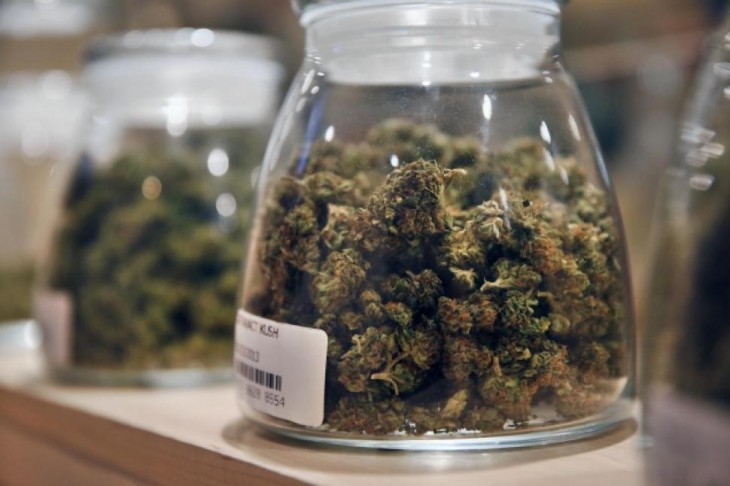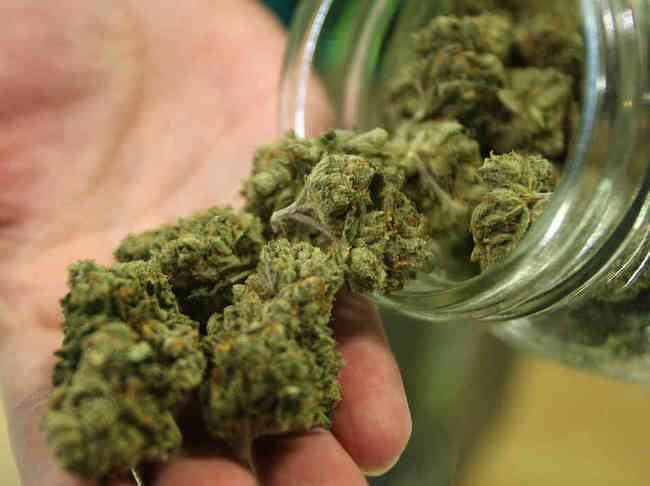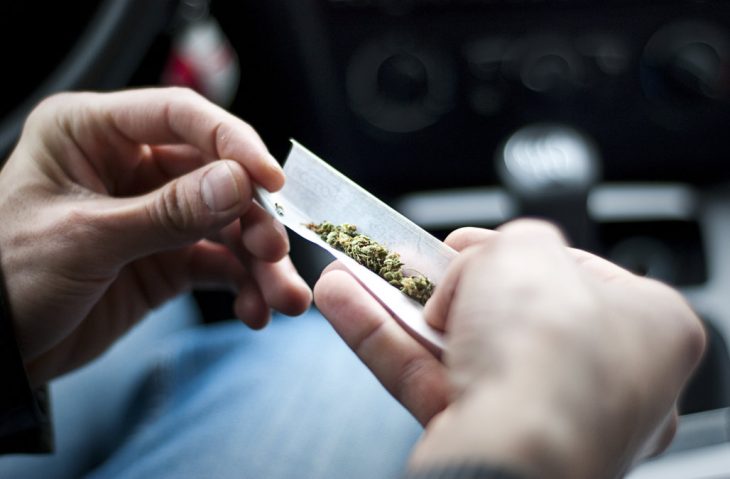Recently, Vermont lawmakers approved a measure to legalize the use of recreational marijuana. If it is not banned by the state’s governor, it would make Vermont the 9th state to legalize the drug and the 1st state to do so under the legislation rather making use of ballot initiative.
The United States states’ House of Representatives voted 79-66 for the law that was attached to a marijuana bill, according to which there was an increase in penalties for those who possess and sell the opioid drug fentanyl. This measure would be effective from July 2018 and it would allow adults of age 21 and over to purchase and use the drug. This bill was passed by Vermont’s Senate in a 20:9 vote.
A spokesperson for Gov. Phil Scott, a Republican cited that Scott would first consider all the details of the legislation and then decide whether to veto, sign or just let the bill pass into the law without his sign.
Rebecca Kelley, who is Scott’s spokeswoman said in an e-mail, “On the issue of legalizing marijuana, the Governor has said he is not philosophically opposed, but we must ensure certain public safety and health questions are answered.”
Marijuana Policy Project, which a pro-legalization group, had backed the marijuana measure over the years and has applauded the vote.
Matt Simon, who is the organization’s New England political director said, “Vermont lawmakers made history today. It’s time for Vermont to move forward with a more sensible marijuana policy.”
However, the opponents have blasted passage of the marijuana measure and urged Phil to veto it.
Kevin Sabel, the president of an anti-pot group called Smart Approaches to Marijuana said, “This is about opening the doors to a new addictive industry being funded by Big Tobacco that will install retail pot shops in Vermont neighborhoods. We will continue to give a voice to parents, and public health and safety experts to encourage Governor Scott to choose people over profit and veto this harmful legislation.”
The neighboring states such as Massachusetts and Maine have already legalized the use of recreational marijuana. This decision was taken after a state-wide ballot initiative that showed that majority of voters permitted the idea of legalizing the drug. However, this was out of option in Vermont since the state law doesn’t permit ballot measures.
This approval of the legislation came at a time when public health experts are focusing on various problems that are being caused by the rising rates of addiction to opioid painkillers (including heroin and fentanyl), which has been currently blamed due to soaring numbers of deaths as a result of overdose.









